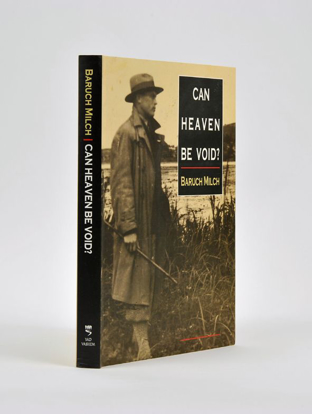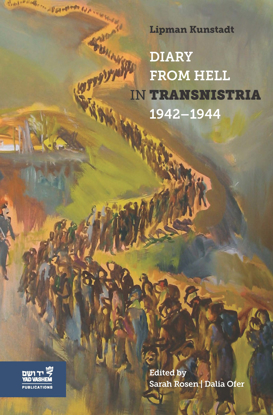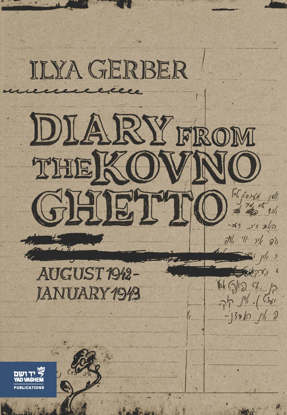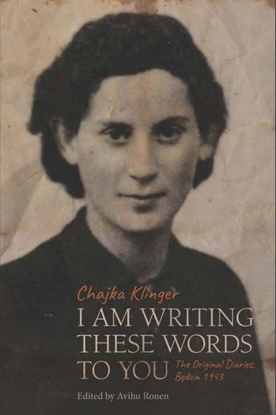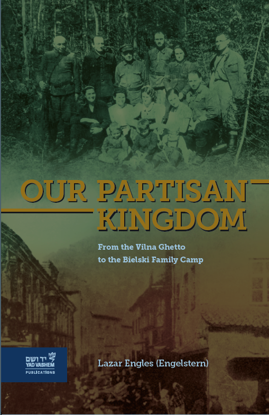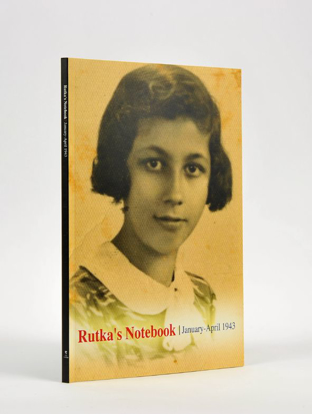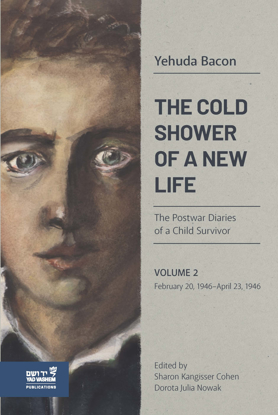Filter by:
Clear AllDiaries
Diary From Hell in Transnistria 1942–1944
Lipman Kunstadt | Edited by Sarah Rosen and Dalia Ofer
I decided to stop writing the diary and to destroy the pages… I eventually overcame the despair and listened to the counterargument…a miracle may occur and your fragmentary writings will be the only remaining memory of Transnistria. (Lipman Kunstadt, August 26, 1942)
Diary from Hell in Transnistria is a painfully vivid and intricate account of life in the Dzhurin ghetto in Transnistria, written by Lipman Kunstadt, who was deported there from Radauţi, Romania, with his wife, his children, his mother, and his sister on October 14, 1941. Kunstadt, who was well-educated and a journalist, was appointed secretary of the Jewish council in the Dzhurin ghetto, where he had access to a great deal of information about its inner workings. He began writing his diary in Yiddish on April 11, 1942, at great risk, sparing no criticism against the ghetto leadership.
From Fiume to Navelli: A Sixteen-Year-Old’s Narrative of the Fleischmann Family and Other Free Internees in Fascist Italy, September 1943 – June 1944
Luigi Fleischmann | Editor: Daniella Zaidman-Mauer
I Am Writing These Words to You: The Original Diaries, Będzin 1943
Chajka Klinger | Editor: Avihu Ronen
In Those Terrible Days: Notes from the Lodz Ghetto
Josef Zelkowicz | Edited by Michal Unger
Letters Never Sent: Amsterdam, Westerbork, Bergen-Belsen
Mirjam Bolle
In early 1943, Mirjam Levie, a young Jewish woman from Amsterdam, began to write letters to her fiance, Leo Bolle, who had immigrated to Eretz Israel a few years earlier. Her letters, which were never sent, were written during the deportations of the Jews from Amsterdam; during her incarceration in Westerbork, the main transit camp for Jewish deportees to the death camps in Poland; and during her imprisonment in Bergen-Belsen. As secretary in the controversial “Jewish Council of Amsterdam”, Mirjam’s letters are the only source remaining to describe events from the viewpoint of one of its members. Mirjam managed to hide the letters she wrote in Amsterdam and Westerbork; and those she wrote in Bergen-Belsen she brought with her when she was released as part of an exchange between Dutch Jews and German POWs, and arrived in Eretz Israel on 10 July 1944. The book presents a series of letters – unique in their historical interest and extremely moving in their human dimension – forming a personal diary of real time.
OUR PARTISAN KINGDOM - From the Vilna Ghetto to the Bielski Family Camp
Lazar Engles (Engelstern)
The moment we first set foot on the soil of the Naliboki Pushcha, the atmosphere was completely different. We felt a new kind of security, as if we were in our own partisan kingdom…. We had survived so many dangers, but we were now among Jews in the forest.
Prior to the German invasion of the Soviet Union, Lazar Engles (Engelstern) lived a peaceful and fulfilled life in his beloved city of Vilna with his wife and two daughters. The Nazi occupation of the city in June 1941 and its subsequent ghettoization marked a rapid escalation of horrors for Lazar and his family.
The Cold Shower of a New Life: The Postwar Diaries of a Child Survivor, Volume 1 - July 23, 1945–February 17, 1946
Yehuda Bacon, Edited by Sharon Kangisser Cohen & Dorota Julia Nowak
The Cold Shower of a New Life: The Postwar Diaries of a Child Survivor, Volume 2 – February 20, 1946–April 23, 1946
Yehuda Bacon, Edited by Sharon Kangisser Cohen and Dorota Julia Nowak
- 1
- 2





